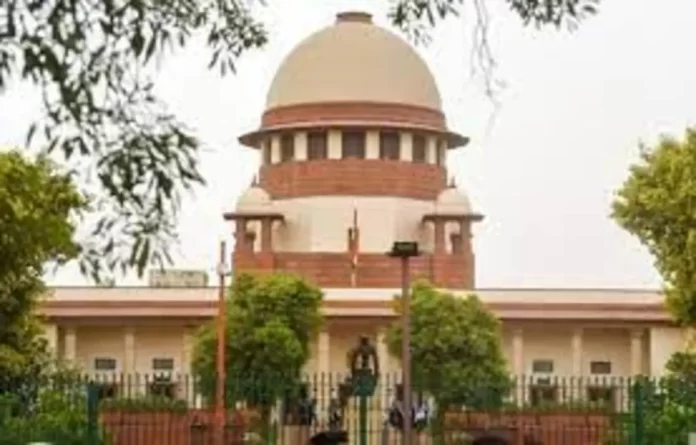The Supreme Court recently quashed Madhya Pradesh High Court order in a murder case. The apex court took exception to the cursory manner in which the High Court set aside a trial court’s well-reasoned decision to acquit the accused in a murder case.
A bench comprising Justice BR Gavai and Justice Sandeep Mehta stated that it is settled law that trial court orders cannot be interfered with only on the ground that another view is possible. The court said that the elaborate exercise of the trial Judge, has been washed away by the division bench of the High Court in a totally cursory manner.
The Supreme Court bench remarked that they are of the view that the High Court has totally erred in observing that the trial Judge had brushed aside the evidence of the IO (Investigating Officer) simply on the grounds of conjectures and surmises. Rather, it is the judgment of the High Court which is based on conjectures and surmises, the bench noted.
The apex court was hearing an appeal challenging the High Court’s decision to convict and sentence two men to life imprisonment in a murder case. The Madhya Pradesh High Court had set aside a trial court order acquitting both men. The Supreme Court in its judgment overturned the High Court’s conviction and restored the trial court’s decision to acquit both the accused men.
The top court found that the High Court’s view to the contrary were completely based on conjectures and surmises. It added that though the High Court has referred to the law laid down by the Supreme Court with regard to the scope of interference in an appeal against acquittal, the Madhya Pradesh High Court has totally misapplied the same and a very well-reasoned judgment based upon the correct appreciation of evidence by the trial Court has been reversed by the High Court, only on the basis of conjectures and surmises.
Subsequently, the appeal was allowed and the two appellants were acquitted of all charges.


